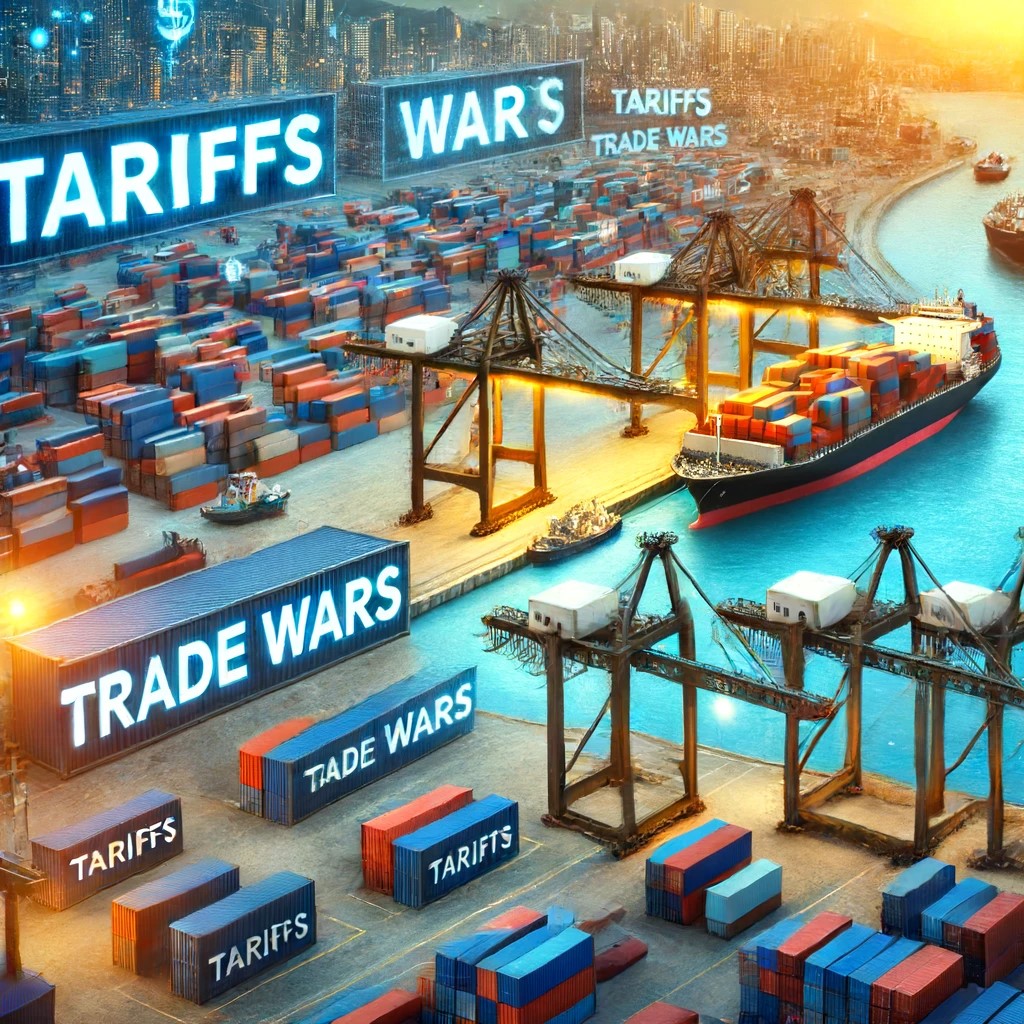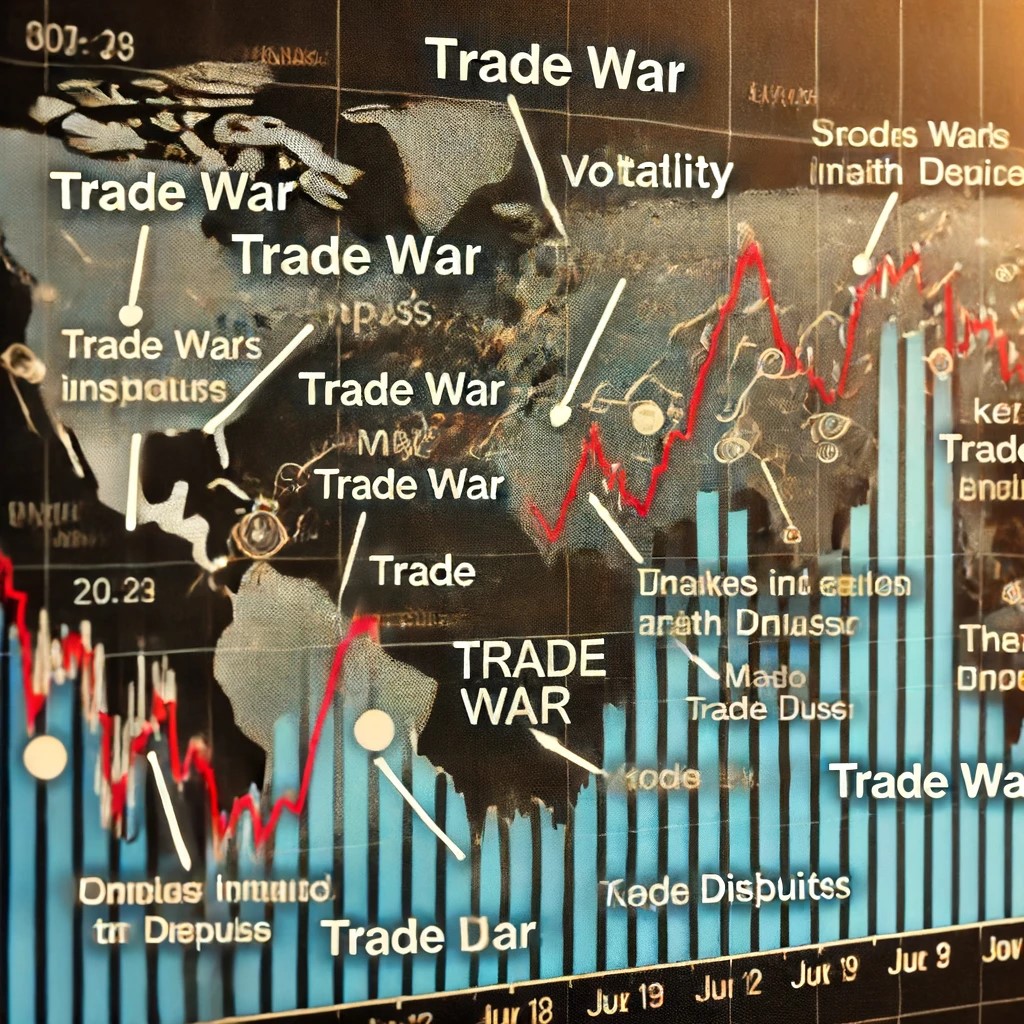Trade wars, characterized by countries imposing tariffs or other trade barriers on each other, have profound effects on global investments. These economic conflicts can disrupt global supply chains, affect investor sentiment, and alter the flow of international capital. This article explores the current trends in trade wars and their impact on global investments, as well as future predictions.

Current Trends
1. Disruption of Global Supply Chains
Trade wars often lead to significant disruptions in global supply chains. When countries impose tariffs on each other’s goods, businesses may need to seek alternative suppliers or markets, which can increase costs and cause delays. For example, the U.S.-China trade war saw companies relocating their manufacturing bases to avoid tariffs, affecting global supply chain dynamics and causing uncertainty in investment decisions.
2. Market Volatility
Trade wars contribute to increased market volatility. The imposition of tariffs and retaliatory measures creates an environment of uncertainty, which can lead to fluctuating stock prices and currency values. Investors tend to react swiftly to news related to trade policies, often leading to short-term market swings. For instance, during the height of the U.S.-China trade tensions, stock markets experienced significant volatility, impacting investor confidence and decision-making.
3. Shifts in Foreign Direct Investment (FDI)
Trade wars can influence the flow of foreign direct investment. Tariffs and trade barriers make it more expensive and riskier for companies to invest in countries involved in trade disputes. As a result, firms may redirect their investments to regions with more stable trade environments. The U.S.-China trade war, for instance, led to shifts in FDI patterns, with some investors looking towards Southeast Asia and other regions as alternative investment destinations.

Future Predictions
1. Diversification of Supply Chains
In response to the risks posed by trade wars, businesses are likely to continue diversifying their supply chains. Companies will seek to reduce their dependence on any single country by establishing manufacturing and sourcing operations in multiple regions. This trend will create new investment opportunities in emerging markets as businesses look for stable and cost-effective alternatives.
2. Increased Focus on Trade Agreements
Countries may increasingly focus on forming new trade agreements and alliances to mitigate the impact of trade wars. Regional trade agreements, such as the Comprehensive and Progressive Agreement for Trans-Pacific Partnership (CPTPP) and the Regional Comprehensive Economic Partnership (RCEP), provide frameworks for reducing trade barriers and promoting investment. These agreements can create more stable environments for investors, encouraging cross-border investments.

Conclusion
Trade wars have significant implications for global investments, affecting supply chains, market stability, foreign direct investment, and commodity prices. Current trends show how these economic conflicts disrupt traditional investment strategies and create new challenges for investors. Looking ahead, diversification of supply chains, new trade agreements, technological innovation, and a focus on ESG factors will shape the future of global investments in the context of trade wars. By understanding these dynamics, investors can better navigate the complexities of trade disputes and position their portfolios for long-term success.

The Financial Implications of Natural Disasters on Insurance Markets

Understanding the Role of Fiscal Policy in Economic Management

Turning Your Crypto into Cash Cows: A Guide to Lending

The Role of Artificial Intelligence in Financial Trading

The Impact of Technological Disruption on Investment Strategies

The Role of Blockchain in Transforming Traditional Banking

The Rise of Mobile Banking: Trends, Benefits, and Security Challenges
